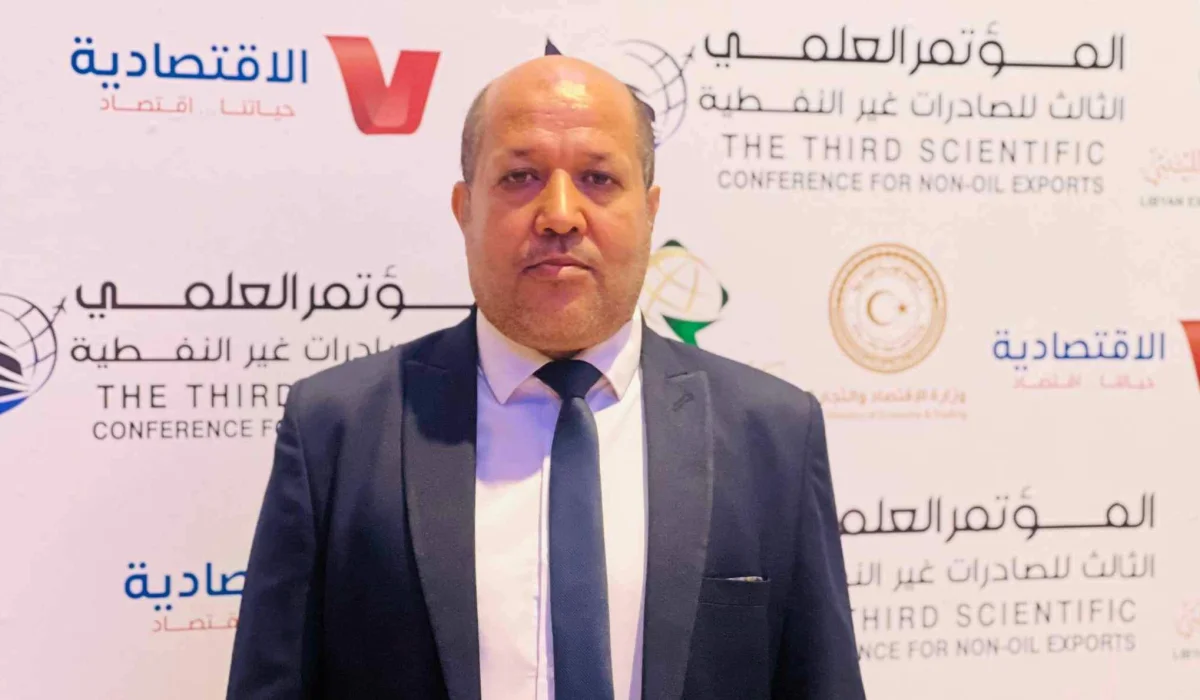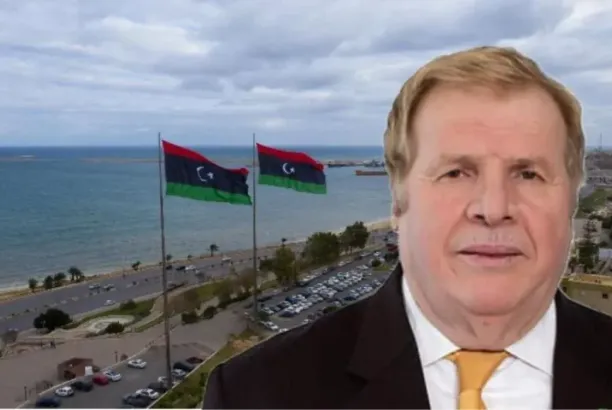
| Economic articles
Al-Tarhouni: “In Light of the Central Bank’s Decisions… Where Is the Standard of Living in Libya Headed?”
Economic expert Dr. Abdullah Wanis Al-Tarhouni wrote:
Many have voiced their opinions following the release of a circular or statement by the Central Bank of Libya regarding revenues and expenditures for January and February 2025. Frankly, the statement is incomplete and its figures inaccurate. Its main aim appears to be preparing Libyan public opinion for the upcoming scenario—something that became evident with the first working day after the Eid al-Fitr holiday.
Fundamentally, the Central Bank is responsible for monetary policy, which must be aligned with other economic policies. Therefore, publishing expenditure data is primarily the role of the Ministry of Finance, as it is responsible for fiscal policy, not the Central Bank. Moreover, anyone claiming that Libya’s crisis is purely economic either misunderstands the situation or is focusing on details while missing the core issue. Libya’s crisis is a deeply political one, and the economic imbalances began in 2014—when the political turmoil started, followed by oil shutdowns, wars, and internal conflicts. Therefore, returning to the root of the problem is the foundation of any solution.
Today, as Libyans, we stand at a crossroads. With Trump rising to power, crude oil prices dropped, forcing Libya to diversify its income sources to fill the financing gap and catch up with Gulf countries that are already far ahead. I believe it is time to listen to experts and wise voices, and to learn from nations that have endured what we have.
On the technical side, some believe that Law No. 1 of 2013, which prohibits usury in Libya, has deprived the Central Bank of one of its key tools: interest rates. This has made the exchange rate the only mechanism available since 2013. Personally, I don’t fully agree with this view. The country needs to activate the stock market, regulate government spending through a proper budget law, control foreign labor, and—most importantly—revive the role of regulatory bodies and fight corruption relentlessly.
It goes without saying that spending without a budget law, the dysfunction of regulatory bodies, the continuation of crude-for-refined oil barter arrangements, and the ongoing shutdown of local refineries—along with printing over 100 billion dinars while keeping old currency editions in circulation—will inevitably lead us to bankruptcy sooner or later. Solving these four major issues could stabilize the economy, but it won’t fully recover without addressing other influencing factors.
Currently, trade, fiscal, and monetary policies operate in isolation. Meanwhile, the Central Bank’s Board of Directors issued Resolution No. 18 of 2025, devaluing the national currency to fill the financing gap and avoid drawing from reserves. However, this decision will only increase poverty due to inflation and widen the gap between the wealthy and the underprivileged. Reports suggest the decision was made with half the board members agreeing—not the majority—thus violating the Libyan Banking Law. The Central Bank would be better off halting loans to the government (except for Chapter One of the budget), and even that should only be disbursed through the “Aysar” system controlled by the Central Bank.
Without repeating what has already been published, several Libyan experts—including Dr. Mohamed Abu Snena, Dr. Mohamed Mohamed Al-Shahaty, and Dr. Omran Al-Shaibi—have proposed mechanisms to address current distortions in the Libyan economy. Central to these proposals is the legal control of public spending through a budget law, the closure of the majority of Libya’s embassies, consulates, and missions abroad (which are double the number of U.S. missions), tightening controls over Letters of Credit and currency transfers, withdrawing and burning 50-dinar notes as part of a plan to remove at least 50 billion dinars from the market, raising customs duties on luxury and non-essential goods, restarting local refineries, and—simultaneously—restructuring state institutions through proper integration and elimination based on valid criteria, while also correcting the situation of foreign labor.
In any case, whether we like it or not, returning to a real economy based on agriculture and industry is inevitable. We must wake up from the illusion brought about by the “Dutch disease” that has plagued Libya as it did other nations before us. In the coming years, we must secure our food from our vast lands, promote small and medium industries, expand industries related to crude oil, and support innovation and the knowledge economy.
In conclusion, I believe Libya’s crisis is political, not economic. The measures listed in this article are merely responses to a decades-old issue. We need years of thoughtful planning to restore Libya’s dignity and allow its people to live with pride on their own land.





